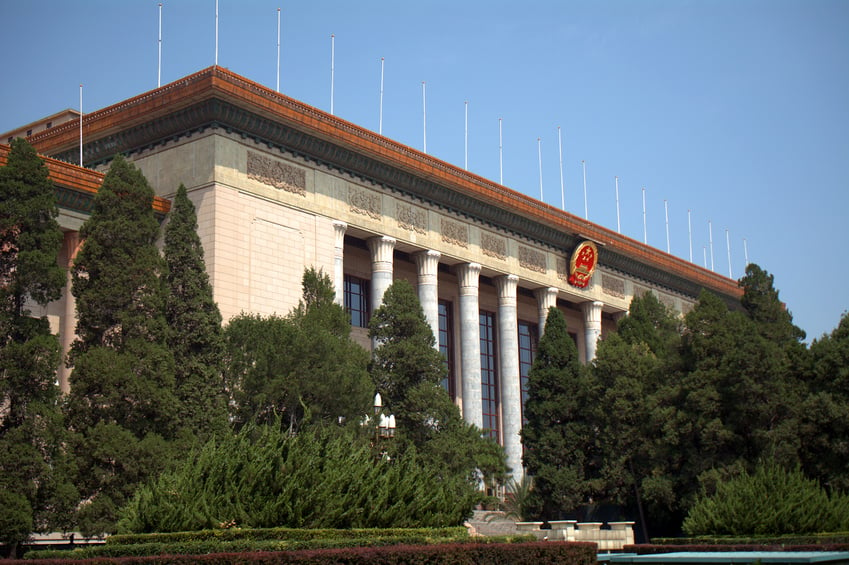China’s draft amendments to the PRC Criminal Law (“the Draft Amendments”) were released in early November for public comment (due on 3 December 2014). The Draft Amendments will introduce a stricter anti-graft regime and tougher sanctions for those involved in corrupt activities. Some highlights of the Draft Amendments include a new crime of offering bribes to close relatives of or any person close to working personnel of the state, the imposition of monetary fines against all individuals convicted of corruption and bribery crimes, and the replacement of amount-based standards for sentencing embezzlement and bribe-taking crimes with more general criteria such as “relatively large” or “relatively serious” circumstances. The Draft Amendments also raise the threshold requirement for bribe-givers under the official bribery crime to be exempted from punishment only when the underlying crimes are relatively minor and the offenders voluntarily confess and assist with exposing corrupt activities of others which leads to successful investigations. The following table sets out some of the key features of the Draft Amendments.
| Key features of Draft Amendments | |
|---|---|
| New crime of offering bribes to close relatives of or any person close to working personnel of the state | In 2009, the PRC Criminal Law was amended to impose criminal liability on the receipt of bribes by close relatives and individuals with close relationships with state personnel. However, this did not match the scope in relation to bribe-givers. The Draft Amendments proposes to rectify this by expanding the scope of bribe-givers to impose criminal liability in relation to bribes offered to close relatives of or any person close to working personnel of the state. |
| Monetary fines against individuals convicted of corruption and bribery crimes | Under the current PRC Criminal Law, fines are generally imposed for corrupt activities by legal entities. Fines are only imposed on individual bribe-givers when bribing an employee of a company or enterprise, a foreign party performing official duties or an official of international public organizations; and the amount involved is huge. The Draft Amendments propose to sanction individuals in addition to the legal entities involved, and will impose monetary fines against all individuals that are convicted of engaging in corruption and bribery offences, in addition to other punishments. |
| Exemption from punishment in relation to bribe-givers | The current PRC Criminal Law provides an exemption or mitigation of punishment for bribe-givers givers (under the official bribery crime) who voluntarily confess their acts of offering bribes. The Draft Amendments will retain the voluntary confession requirement but will raise the threshold for exemption by including additional criteria where the underlying crimes are relatively minor and the offenders assist with exposing corrupt activities of others which lead to successful investigations. |
| Sentencing standards for crimes of embezzlement and receiving bribes | The current sentencing standards impose prison sentences based on the specific value of the property embezzled or received. The Draft Amendments propose to remove the amount-based standards and will impose punishment based on criteria such as 1) a “relatively large” amount or “relatively serious” circumstances, 2) a “huge” amount or “serious” circumstances, and 3) an “especially huge” amount or “especially serious” circumstances. However, the Draft Amendments do not define or clarify how the new criteria should be applied. |
| Employment ban | The Draft Amendments propose to grant the court the discretion to bar individuals from engaging in related professions for five years after completing their prison sentence, or for five years after being released on parole. This will occur where an individual has been punished for “taking advantage of his or her position” or “violating the obligations of one’s profession”. |



